The first major popular uprising against communist oppression in Central/Eastern Europe by Patrick van Schie Between 1954 and 1990, June 17 was the Tag der deutsche Einheit in West Germany, which is then celebrated on October 3 – the day of reunification. With this, the West Germans commemorated until 1990 that on June 17, 1953, […]
Publications
Book report: Jasper Becker, Why communism failed (London, 2022) ISBN 9781787388062; price € 28.99 By Patrick van Schie Wherever Communism has been tried, everywhere it has led to impoverishment – except for the party elite and the associated leadership of the “security” apparatuses (army and intelligence services) – and often famine, with many […]
Patrick van Schie After having ruled the Soviet Union for more than a quarter of a century, Josef Stalin died seventy years ago, in the early morning of March 5, 1953. “The news of Comrade Stalin’s passing will cause deep sorrow in the hearts of the workers, collective peasants, intellectuals and the entire working […]
This month it is exactly 75 years ago that the communists finally seized power in Czechoslovakia (at the time, the current Czech Republic and Slovakia formed one country). In all the countries that would disappear behind the Iron Curtain after the Second World War, a similar process took place of the elimination of pro-democratic forces and the establishment of the dictatorship of the communist party. In Czechoslovakia, however, this took longer, which is why many people – both among the democratically minded Czechoslovaks and in the West – harbored the illusion for the longest time that the country would be spared an ‘equalisation’.
Roger MOORHOUSE British historian and Germanist specialising in the history of modern Central Europe, with particular emphasis on Nazi Germany, the Holocaust and the Second World War. He is the author of “First to Fight: The Polish War 1939”. Shortly after midnight, on the night of August 23, 1939, Joseph Stalin drank a toast […]
By Beata Bruggeman-Sękowska It is 1980. Not far from Zavidovo, Soviet Republic. Leonid Ilyich Brezhnev is driving recklessly from his dacha his black Rolls-Royce Silver Shadow, a gift from the Queen Elizabeth II and suddenly he is driving under a truck. His limousine gets demolished but he survives the accident. Not the only car […]
By Beata Bruggeman-Sękowska Hill of Crosses situated about 12 km north of the city of Šiauliai, in northern Lithuania is a pilgrimage destination and is extremely impressive. It has been a place of courageous peaceful resistance against the Russian and Soviet oppressors. Crosses are a symbol of faith, hope and freedom. During the Soviet era they were removed […]
August 17, 1962: Peter Fechter killed by GDR border troops By Patrick van Schie Peter Fechter bleeds to death on the wrong side of the Wall The young East Berlin construction worker Peter Fechter became world famous because of his flight to freedom. More than a year after the construction of border barriers […]
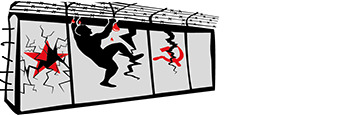
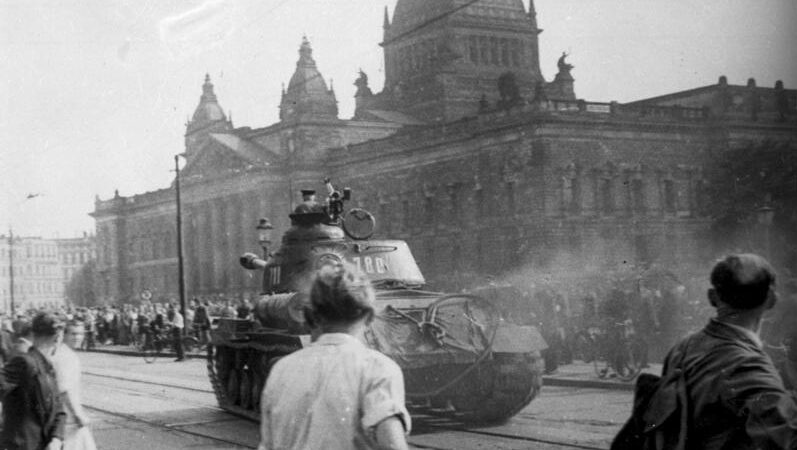
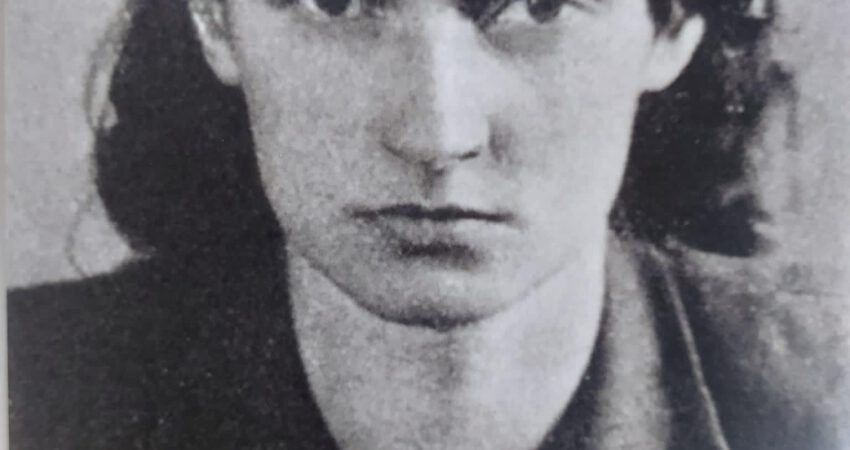
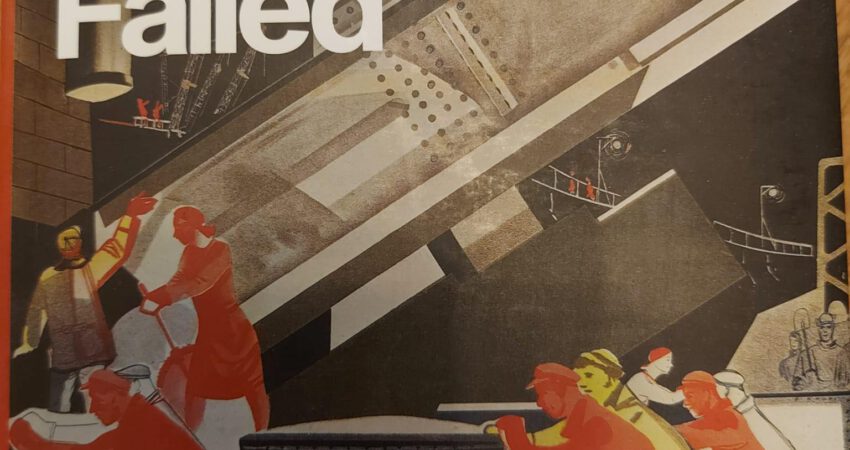
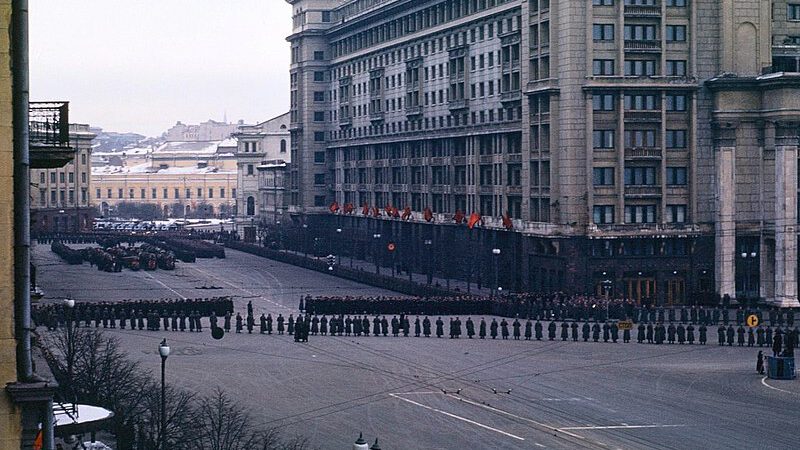
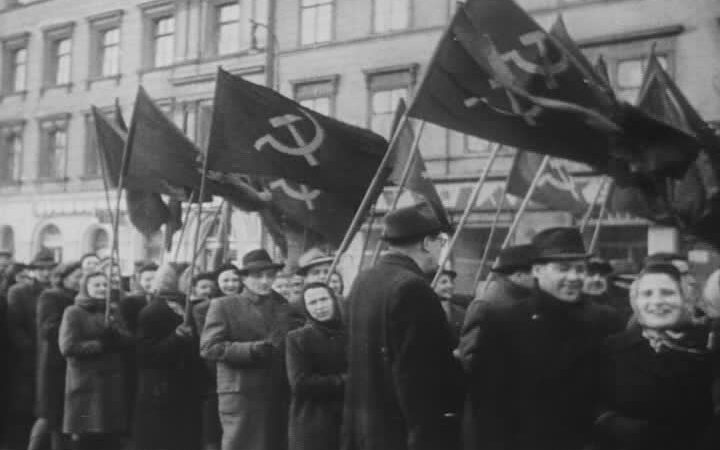
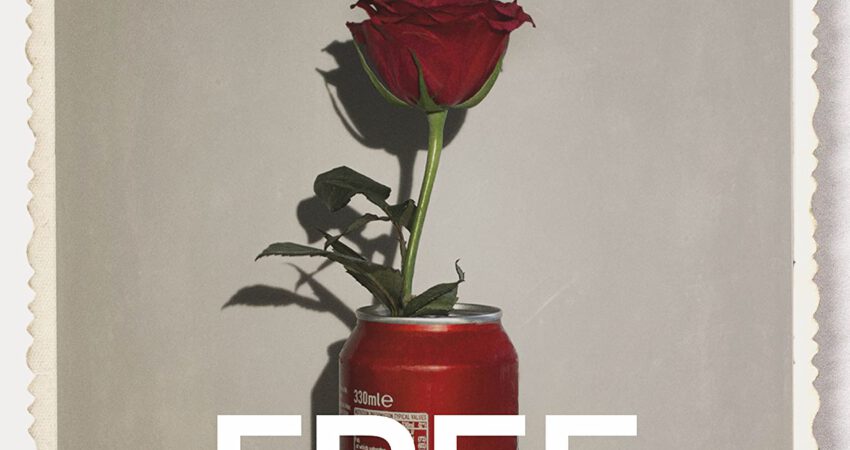
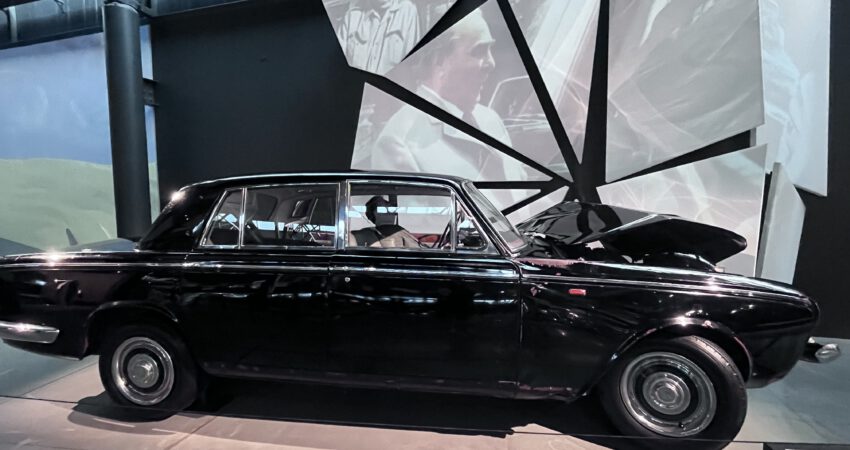
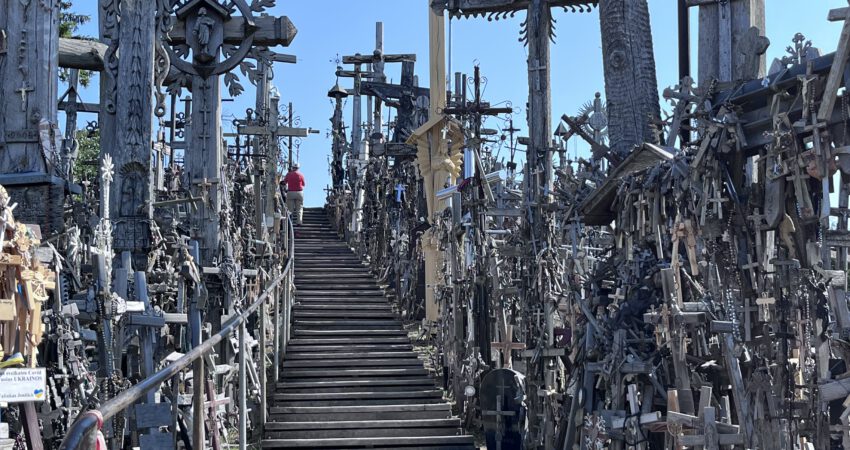
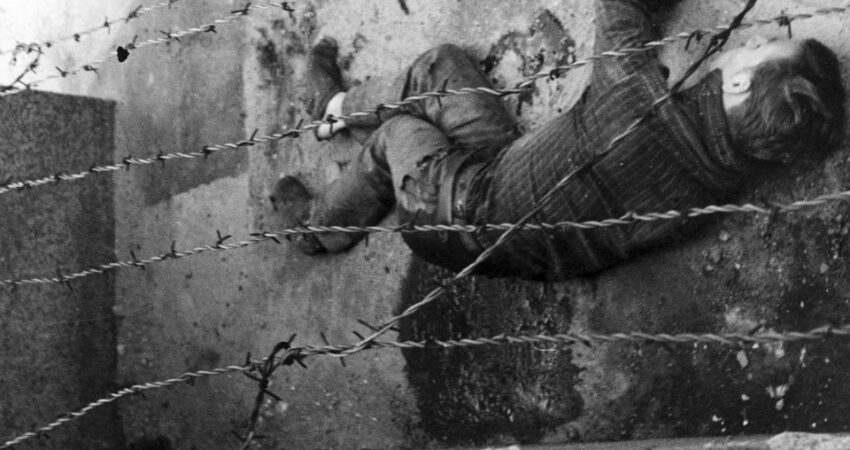
Follow Us!